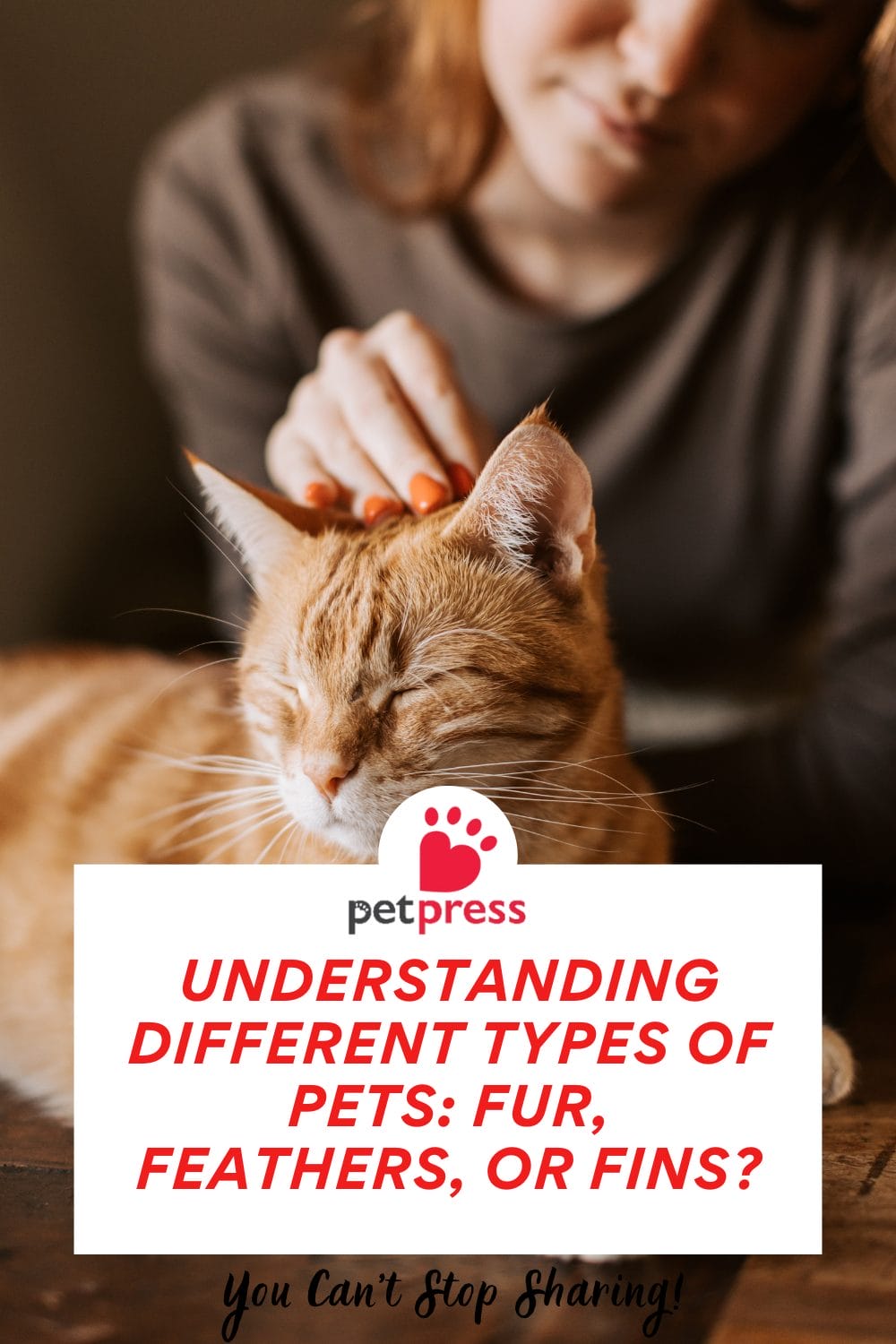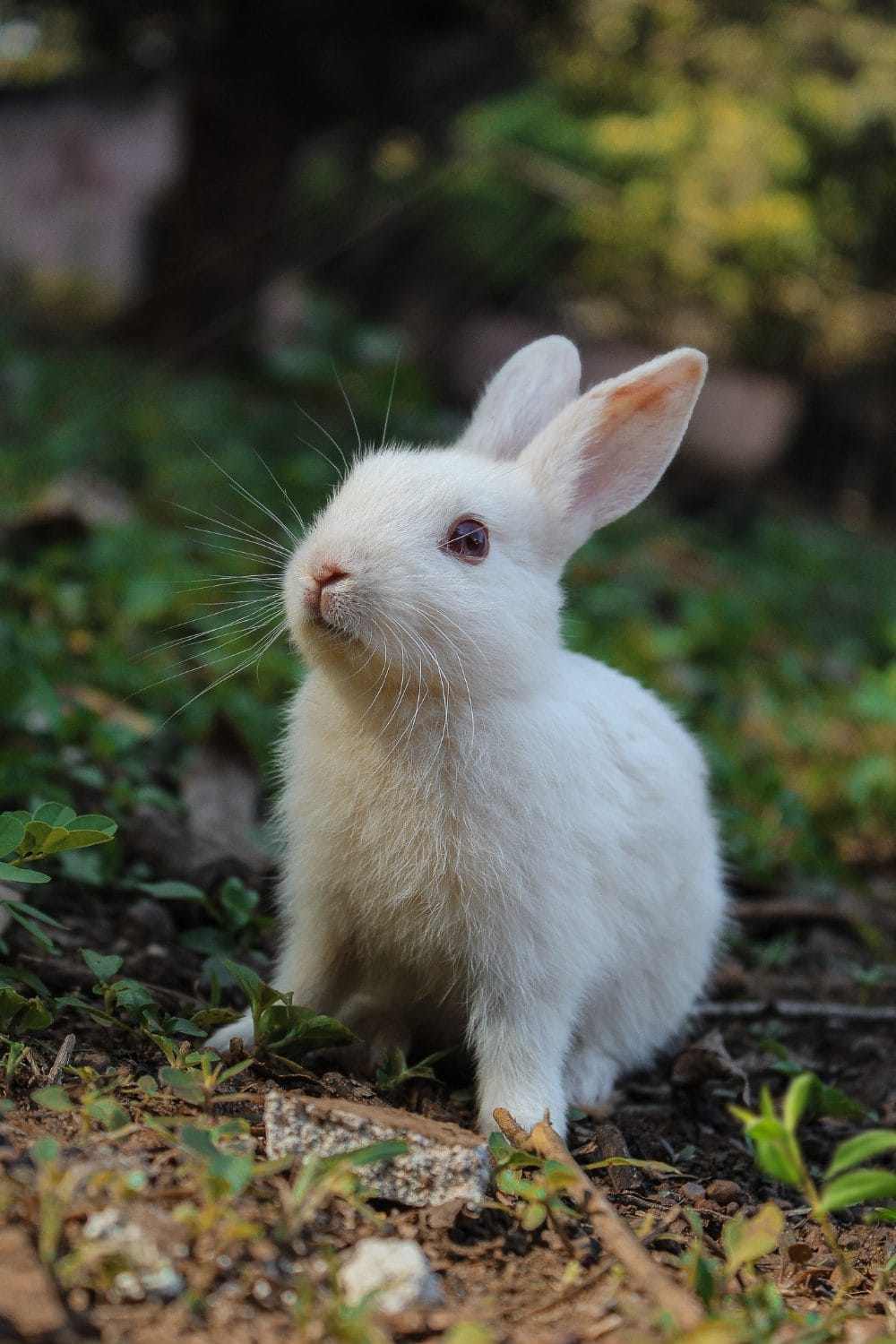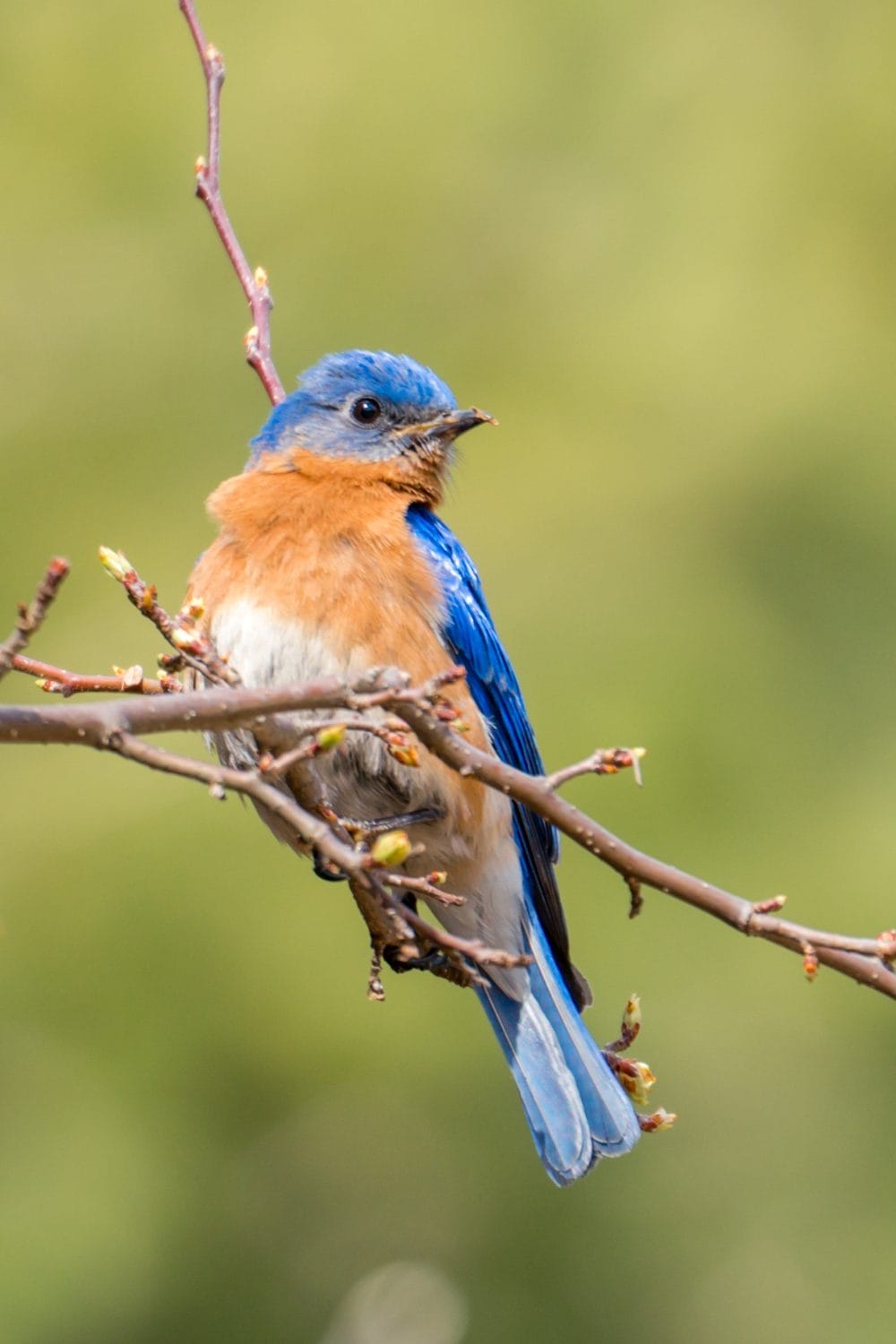
Understanding Different Types of Pets, more than companions—they’re family. Whether you prefer cuddly creatures, colorful birds, or quiet swimmers, the world of pets is wonderfully diverse.
If you’ve ever wondered whether a dog, bird, or fish is the right choice for your lifestyle, you’re not alone. Choosing the best pet for your home depends on your space, schedule, personality, and even allergies.
In this blog, we break down the most understanding different types of pets by fur, feathers, and fins—highlighting their personalities, care needs, pros and cons, and who they’re best suited for.
Whether you’re a first-time pet parent or looking to add a new member to your animal crew, this guide will help you make a confident, informed choice.
Furry Friends: Dogs, Cats, Rabbits, and Rodents

Furry pets are the most popular type of companion animals. Their cuddly appearance and often affectionate nature make them household favorites.
Dogs
Dogs are loyal, loving, and often considered the best pet for families. From energetic breeds like Labradors to low-energy companions like Bulldogs, there’s a dog for nearly every kind of owner.
- Pros: Loyal, protective, trainable, emotionally intuitive
- Cons: Need exercise, regular grooming, and time for training
Great for: Active individuals, families with kids, people who enjoy companionship
Cats
Cats are independent but loving creatures. They groom themselves, use litter boxes, and don’t need daily walks, making them a solid choice for busy people.
- Pros: Low-maintenance, quiet, affectionate on their terms
- Cons: Can be aloof, territorial, and may scratch furniture
Great for: Apartment dwellers, professionals, quiet households
Rabbits
Rabbits are quiet, social, and surprisingly clean. They require space to roam and chew-safe toys to keep them entertained.
- Pros: Gentle, litter-trainable, great for older kids
- Cons: Delicate, need specific diets, chew on furniture
Great for: Calm households, kids aged 10+, and gentle pet owners
Rodents (Hamsters, Guinea Pigs, Gerbils)

These tiny creatures are easy to care for, making them ideal starter pets for children. Each species has its own quirks and care needs.
- Pros: Small, affordable, fun to observe
- Cons: Short lifespan, nocturnal, sensitive to the environment
Great for: First-time pet owners, families with young kids
Feathered Companions: Birds of All Kinds
Birds are intelligent, beautiful, and often underestimated as pets. Their vibrant personalities can be just as fulfilling as a dog or cat—with much less space needed.
Parrots and Parakeets
Parrots and budgies (parakeets) are incredibly smart and social. Some can learn words and mimic sounds, offering a fun and interactive experience.
- Pros: Social, vocal, intelligent
- Cons: Can be loud, messy, and need mental stimulation
Great for: Experienced pet owners, talkative households, patient trainers
Canaries and Finches
If you’re looking for a bird you can enjoy without much interaction, finches and canaries are perfect. Their singing adds ambiance, and they thrive in pairs or small groups.
- Pros: Quiet, beautiful, easy to care for
- Cons: Not interactive, sensitive to temperature changes
Great for: Apartments, beginner bird owners, bird watchers
Backyard Chickens
Yes, chickens are rising in popularity as pets! Besides laying fresh eggs, they can be surprisingly affectionate and have unique personalities.
- Pros: Produce eggs, pest control, quirky personalities
- Cons: Need outdoor space, can attract predators
Great for: Rural or suburban homes, hobby farmers, families with yards

Finned Pets: Aquatic Life for Calm & Beauty
Fish are soothing to watch, quiet, and often considered low-maintenance pets—though this depends on the species and setup.
Freshwater Fish
Popular species include bettas, guppies, and goldfish. They’re relatively easy to care for and perfect for small tanks.
- Pros: Beautiful, low interaction, great for small spaces
- Cons: Tank maintenance, water chemistry can be tricky
Great for: First-time pet owners, kids, small apartments
Saltwater Fish
These fish offer vibrant colors and exotic appearances but require more experience due to their sensitivity.
- Pros: Stunning visuals, rare species
- Cons: Expensive setup, complex care needs
Great for: Enthusiasts, experienced aquarists, those willing to invest time and money
Turtles and Aquatic Amphibians
While technically not fish, aquatic pets like turtles, frogs, and axolotls are fascinating to watch and can be kept in tank habitats.
- Pros: Unique, fun to observe, live long
- Cons: Need specialized lighting, diet, and filtration
Great for: Pet lovers looking for something different

Matching Pets with Your Lifestyle
When choosing a pet, ask yourself:
- How much time can I dedicate daily?
- Am I okay with noise or mess?
- Do I travel often?
- Do I have allergies?
- What’s my budget for pet care?
Here’s a quick reference table:
| Pet Type | Best For |
| Dogs | Active, social people |
| Cats | Busy, quiet households |
| Birds | Talkative or quiet owners |
| Rodents | Kids, first-time owners |
| Fish | Peace-seekers, space-savers |
| Reptiles/Turtles | Unique pet lovers |
Conclusion: Understanding Different Types of Pets
Pets are not universally suitable. Whether you’re drawn to the loyalty of a dog, the independence of a cat, the song of a bird, or the serenity of a fish tank, there’s a companion out there that matches your needs and personality.
Understanding different types of pets and their needs helps ensure a happier life for both you and your future furry, feathered, or finned friend.
Before bringing any animal home, research its specific care needs, long-term commitment, and compatibility with your lifestyle.
The right pet will not only thrive under your care but bring joy, companionship, and a unique kind of love into your world.
Frequently Asked Questions
The best beginner pets include guinea pigs, betta fish, parakeets, and cats. These animals are relatively low-maintenance and forgiving of first-time mistakes with proper guidance.
While freshwater fish like bettas or guppies are often labeled as low-maintenance, their tanks still require regular cleaning, temperature regulation, and proper feeding. They are lower effort than dogs but not “zero maintenance.”
Cats, small birds (like finches), rodents, and small aquariums with fish are ideal for apartments. They require less space and are generally quiet, which makes them renter-friendly.
Yes. Pet allergies are commonly caused by dander, which is found in the skin, saliva, or feathers of animals. If you have allergies, consider hypoallergenic dog breeds, reptiles, or fish.
Hamsters, betta fish, and parakeets are among the most affordable pets in terms of initial cost and monthly upkeep. However, always budget for food, bedding, and vet visits.
- How to Celebrate a Dog’s First Birthday on a Budget: 2026 Guide - February 18, 2026
- Best Shampoo for Sensitive Skin Dog Grooming: 2026 Guide - February 12, 2026
- 40+ Aesthetic Names for White Dogs (2026 Unique & Rare List) - February 6, 2026


GIPHY App Key not set. Please check settings